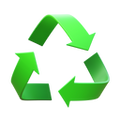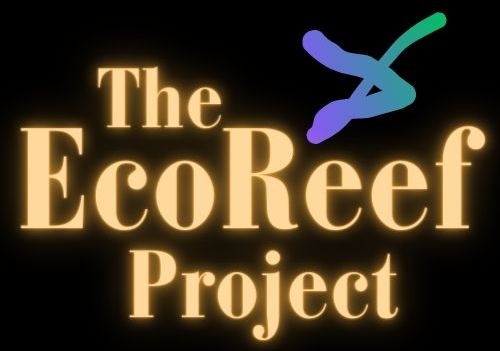Man-Made Eco Reefs: Building Protective Areas for Fish
Man-made eco reefs, also known as artificial reefs, are human-engineered structures designed to promote marine life. These structures can be incredibly beneficial for both marine and freshwater ecosystems, providing protective areas for fish and other aquatic species.
The Role of Eco Reefs
Eco reefs serve as a habitat for various species, offering shelter, food, and breeding grounds. They help to increase biodiversity, attracting a wide range of species from tiny invertebrates to large fish. This diversity is crucial for the health and resilience of aquatic ecosystems.
Benefits in Marine and Freshwater Environments
In marine environments, eco reefs can help to alleviate pressure on natural coral reefs, which are facing numerous threats such as climate change and overfishing. By providing additional habitats, they can help to distribute fishing pressure and promote the recovery of natural reefs.
In freshwater environments, such as lakes and rivers, eco reefs can provide similar benefits. They can create habitats in areas where natural structures are lacking, improving conditions for local fish populations.
Building Protective Areas for Fish
Eco reefs can be designed to provide optimal conditions for specific species of fish. This can involve creating structures of a certain size or shape, or using materials that encourage the growth of certain types of food. By doing so, they can help to support healthy, thriving fish populations.
Conclusion
Man-made eco reefs represent a promising tool for conservation and fisheries management. By providing protective areas for fish, they can contribute to the health and diversity of our aquatic ecosystems.
Join the discussion below and share your thoughts on this important topic!
#EcoReefs #MarineConservation #FreshwaterConservation #FishHabitats #Biodiversity #ArtificialReefs #AquaticEcosystems #ConservationTools #FisheriesManagement #HealthyOceans








Leave a Reply